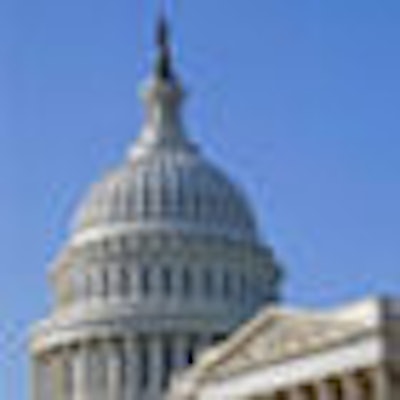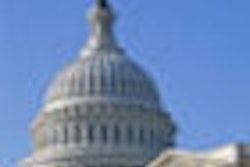
Republican senators are trying to strip oral health data collection and sealant provisions, and possibly an oral health awareness campaign, from a bill that would overhaul the U.S. healthcare system. But so far no senator has attacked sections of the bill that would set up pilot programs for midlevel providers and stipulate that health insurance include dental benefits for children.
Senators introduced 388 amendments to a bill introduced last week by Democrats in the Committee on Health, Education, Labor, and Pension (HELP). The bill is the first of three expected from Congress related to healthcare reform. The Senate Committee on Finance is expected to introduce one this month that could make adult dental benefits a mandatory part of Medicaid for all states, a key objective of the ADA. Drafts have begun circulating, but details have not emerged. Meanwhile, three committees of the House of Representatives are collaborating on a bill with a similar timeline.
President Barack Obama has set a goal of passing comprehensive healthcare reform this summer. In a June 15 speech to the American Medical Association (AMA), President Obama pushed for a public insurance plan that would compete with private insurance plans. In the same speech, he said he would not support a cap on malpractice liability.
The bill released by the HELP Committee Democrats doesn't provide either a public plan or a malpractice cap. An analysis by the Congressional Budget Office (CBO) estimated that the bill -- which prevents health insurance companies from denying benefits or charging more based on pre-existing conditions -- would cost $1 trillion and extend coverage to about 16 million people who currently can't get insurance.
The bill doesn't identify a funding source, and it would leave about 37 million without insurance, according to the CBO.
Sens. Orrin Hatch (R-UT) and Mike Enzi (R-WY) both introduced amendments that would affect the oral health provisions in the bill. According to an analysis by the Children's Dental Health Project, the amendments would:
- "Eliminate a new program designed to demonstrate early childhood caries management."
- "Prohibit funding for both a public education campaign on oral health and the early childhood caries management demonstrations."
- "Limit the organizations that the secretary of the Department of Health and Human Services would consult with in designing the campaign if it weren't eliminated."
- "Dictate to Centers for Disease Control [and Prevention (CDC)] how its National Health and Nutrition Examination Survey oral examination would be conducted."
"We understand from Mr. Enzi's office that he will 'offer and withdraw' his amendments (1 and 2), while Mr. Hatch is going forward with one that requires that the secretary consult on the campaign specifically with ADA, ADEA [American Dental Education Association], ADHA [American Dental Hygienists' Association], and the dental examiners (3). Of these, only the Hatch consultation amendment is likely to gain much support, but one never ever knows," the Children's Dental Health Project stated in its analysis.
A spokesman for Sen. Enzi cast the amendment as an effort to prevent wasteful spending and excess bureaucracy.
"The Kennedy [healthcare reform] bill changes the school-based sealant program from a discretionary program to a mandated program," wrote Michael Mahaffey, a Sen. Enzi aide, in an e-mail to DrBicuspid.com. "Senator Enzi has an amendment that strikes that section to keep it a discretionary program. It does not strike the program that is already in current law."
"The Enzi amendments also require that any data collection that is a burden to state budgets is subject to appropriations, and remove[s] duplicative programs and mandates on the CDC," he added.
Mahaffey emphasized that Sen. Enzi wasn't proposing any changes to a provision in the bill that would set up "demonstration" projects using midlevel providers such as dental therapists, advanced dental hygienists, dental educators, or dental health coordinators.
In an interview, Sen. Hatch's press secretary, Andrea Saul, said that the senator had proposed an amendment to define the term "tooth-level surveillance" in government programs that collect data on oral health in the U.S., but no amendments with bigger implications for oral healthcare.
Copyright © 2009 DrBicuspid.com


















